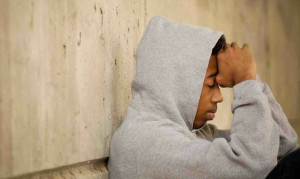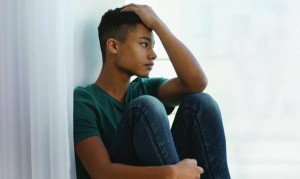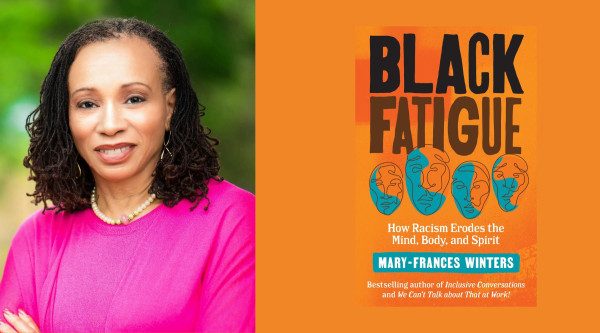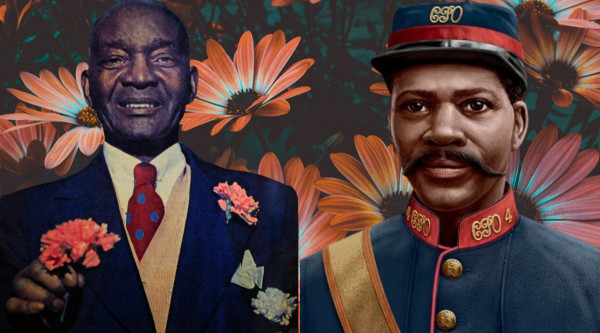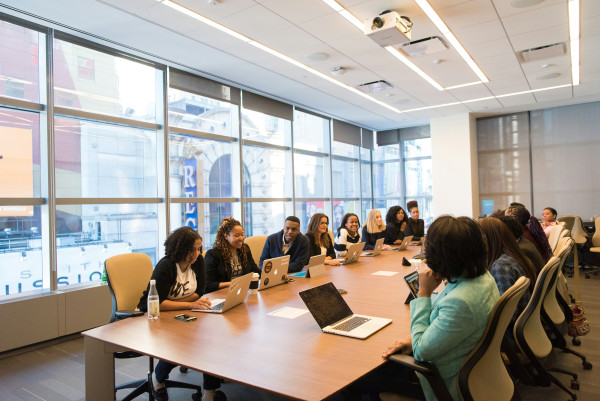Then comes the government report that outs the Peel school board’s accounts of systemic racism and discrimination. You witness the blatant attempts of white people to weaponize their negro-phobia in fraudulent calls to the police, so often in fact, that there is a term created to name the phenomenon (Karen-ing). You watch a privileged sea of white people flood a park (Trinity Bellwoods) and picket government buildings (Queens Park & Michigan Capitol) in the middle of a global pandemic, in order to protest “their right” to ignore their civic duty to not willfully infect the rest of us; public health crisis be damned. You shake your head as these people receive a stern finger-wagging from police and public officials. No pepper spray, sound cannons, beatings, tasings, or arrests. At the same time, those same police and public officials have budgeted for the installation of camera surveillance in public spaces in Toronto, of heavily racialized communities.
Then the latest; a black man (George Floyd) dies under the weight of a policeman stealing his life by kneeling on his neck. The imagery is a macabre twist on ex-NFL player Colin Kaepernick’s kneeling during the national anthem; an act of protest against police brutality. Then, as you ready yourself for bed, you receive messages from well-meaning white friends and acquaintances, letting you know how horrible all this is. How upset it makes them. You don’t know what you’re supposed to say. “Thanks for that? Yeah, it sure is frustrating being Black sometimes. Have a good night?”
Well now, you’ll never have to worry about that again. Simply copy and paste this form letter into your response, and you’ll never have that awkward issue of managing other folks guilt.
Dear White Friends and/or Well-Intentioned White Acquaintances,
Please stop telling me how horrible you think it is, how awful it makes you feel. I know it is, but you texting me your feelings doesn’t unburden you, nor I, of reality. It corrects no wrongs, nor mends anything broken. Your condolences are not action.
When you look around your office and see that one Black colleague, do you befriend that person? If your office is all white, do you challenge this status quo, and do you advocate for non-white people to be hired? Do you cross the street when you see a Black person walking towards you? Do you clutch your purse tighter, suddenly remember to lock your car door, or wait for the next elevator?
Do you make an effort to understand, or do you deflect, gaslight, or white-splain when issues of equity or racial justice are brought up? Do you instinctively speak over Black people when they're speaking, either at work or in your personal life? Are you even aware of yourself doing that?
Do you call out racism when there are no Black people around to hear or applaud you? Do you seek applause for doing so? Is the theatre of virtue signaling on social media the extent of your consciousness or advocacy?
Your feelings are yours. Your actions are yours. You need to own them either way. I'm not going to applaud you for knowing the difference between right and wrong... but I may applaud you for doing your part to right a wrong.
Sincerely,
(Signed) Your Black Friend and/or Acquaintance
Byron Armstrong is a writer living in Toronto who has been published online and in print, for both local and national publications. He writes essays, short stories, opinion pieces, and in-depth interviews within the sphere of politics, art, design, business, and travel. His general musings can be found on Twitter as @ByronArmstrong6.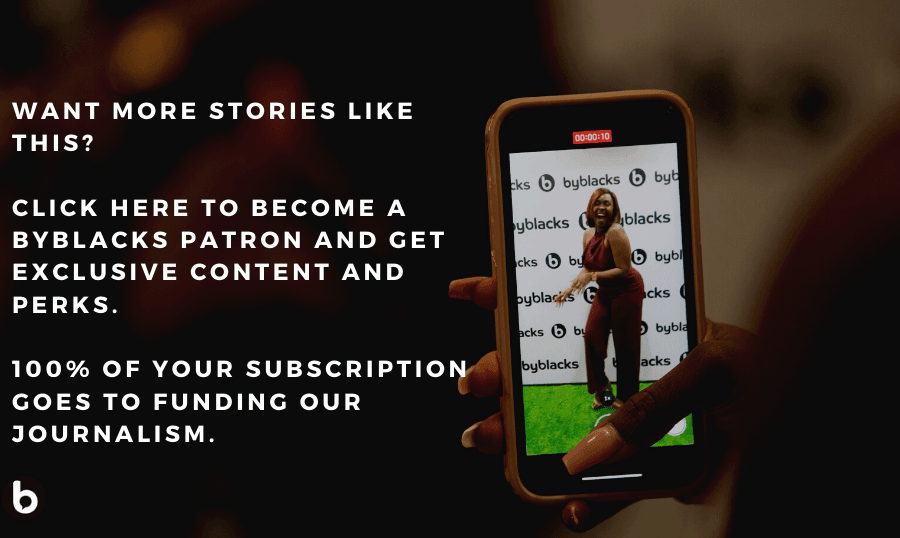
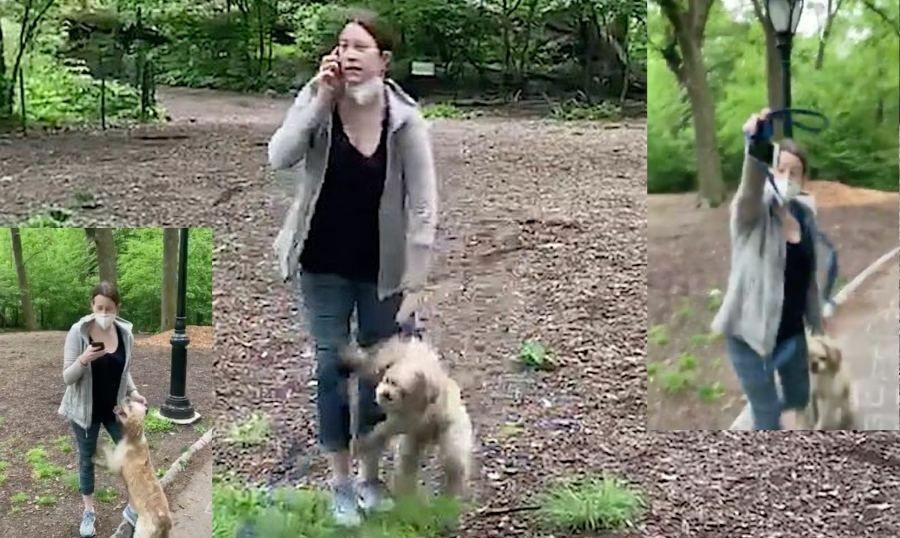
 By
By 




